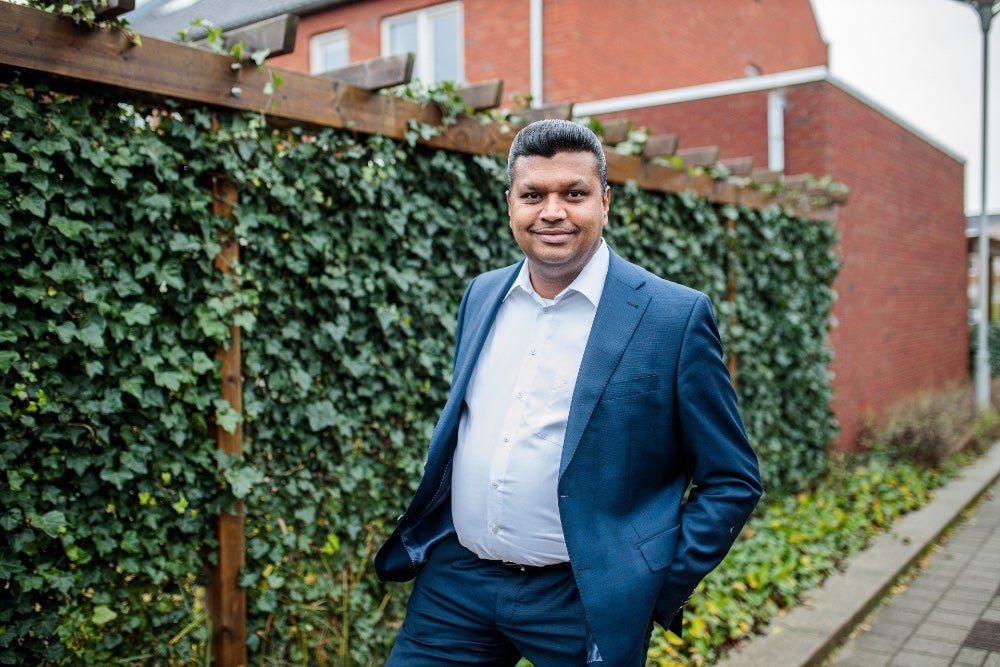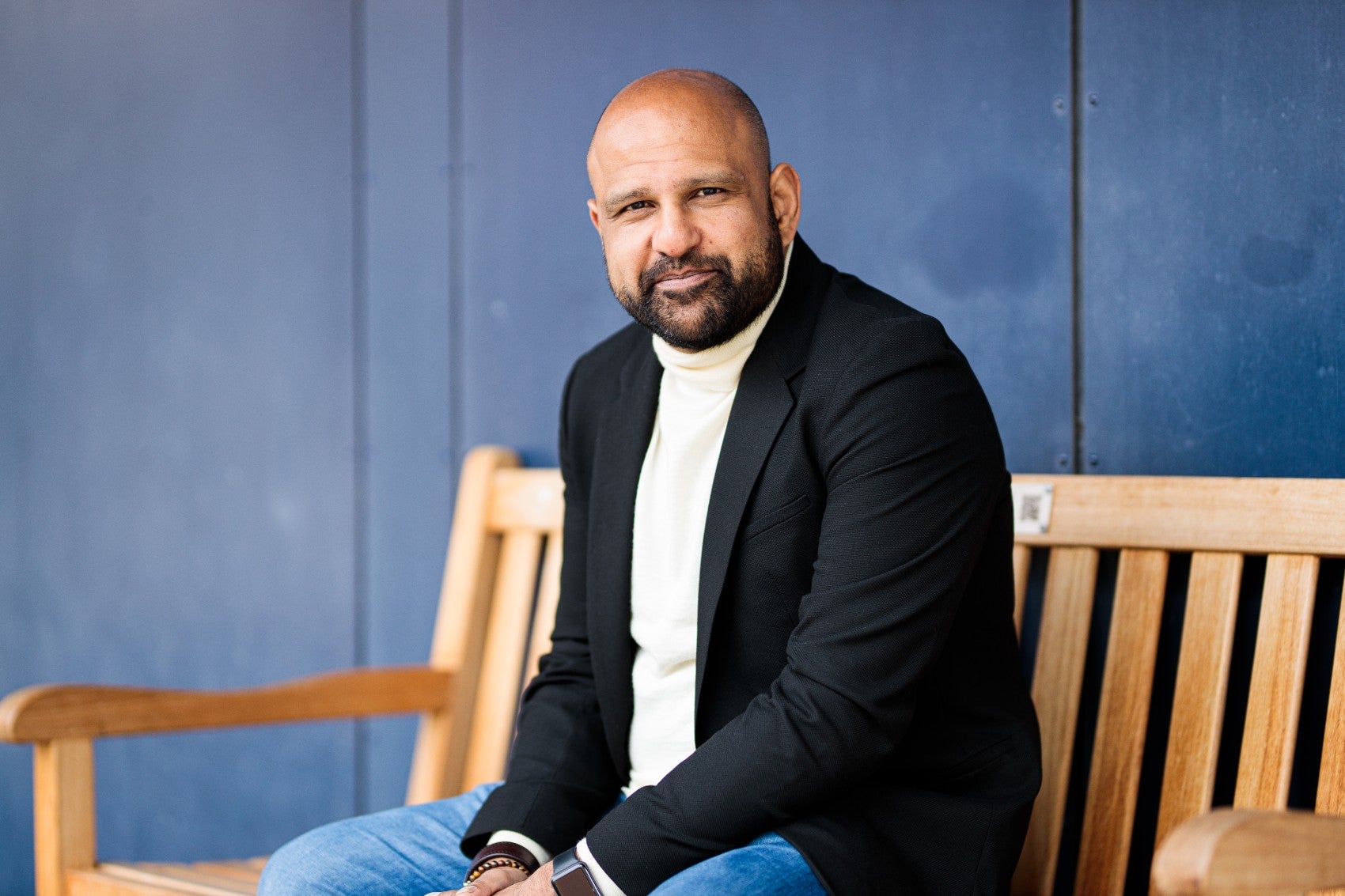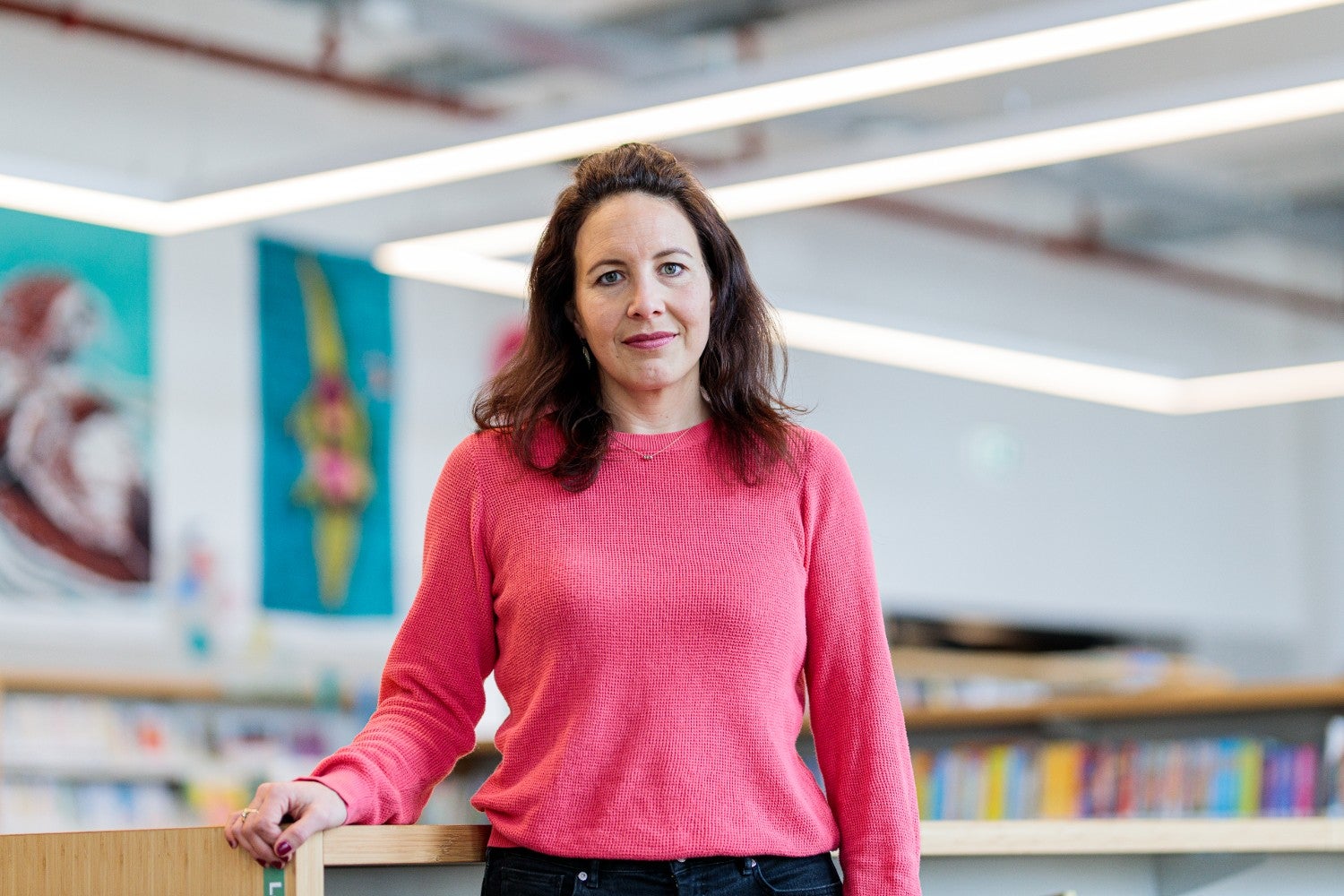Is it really impossible to predict the future? Not as impossible as it used to be, says Mathematics professor Sandjai Bhulai. „I can tell when the first tulip field selfies will appear long before the first tulips emerge."
We met a while back to talk about your successful research into improving ambulance response times and the suicide prevention project you did with VU Amsterdam. What are you currently working on?
„This month, we are starting a big project in collaboration with RIVM (the National Institute for Public Health and the Environment), to combat disinformation. In recent years, we’ve seen a flood of misleading content circulating about COVID and vaccinations, with many posts going viral despite contradicting the official RIVM line. RIVM has asked us to find a way to quickly detect inaccurate reporting on health and disease, so that they can respond quickly with the correct information."
„In order to detect inaccurate posts, we use technology to investigate how they spread on social media. What keywords are more likely to make a post go viral? We’re developing an AI model that can predict how tweets spread by looking at the poster’s network and the activity levels of these users. In effect, we are harnessing maths to stem the tide of misinformation."
The responses correcting the misinformation could almost be seen as a kind of propaganda.
„Exactly. Once we know how those tweets spread and where they end up, RIVM can ask influencers, for instance, to respond and refute the misinformation. This will give people access to the right information and may help stop the spread of a misleading post, preventing it from going viral. A good example is the collaboration between Diederik Gommers and well-known Dutch influencer Famke Louise, who teamed up to explain COVID rules to young people."
Who gets to decide what is disinformation? Should we leave that to an algorithm?
„Just because you can, doesn’t mean you should. RIVM has a very clear goal: to provide better health-related information to the general public. The dark side of predictability is that it enables you to uncover more and more targeted, detailed information about individuals. The question you have to ask yourself is whether you should want to know everything, and what will you do with the data you obtain."
Are ethical considerations always taken into account in these sorts of studies?
„Not necessarily, even if the people behind the studies don’t necessarily have malicious intentions. I once encountered an interesting case with a PhD student who had been conducting research for a collection agency. We created a model to help figure out who we should approach and how, in order to collect debts as quickly as possible. The system was tested in practice and led to a significant increase in funds recovered."
„When I presented the case, an audience member asked me whether I was aware that people who fail to pay their debts or end up having to deal with a collection agency often have personal problems. They might even be contemplating suicide, and an impersonal algorithm approach might be all that’s needed to push them over the edge, so to speak. I had never looked at the model that way. Even though I am usually very aware of the ethics aspect, that angle had eluded me."

Your models focus on textual analysis, but more and more social media users are communicating with photos and videos instead. Does that affect your models?
„It is true that users are flocking to Instagram and Pinterest, but our models can handle this shift just fine. We tested this last year on Tulip Day. I could tell when the first tulip field selfies would appear long before the first tulips emerged. Our tulip-related predictions ended up being quite accurate. Because the winter had been mild, we predicted that the tulips would finish flowering earlier. Growers take photos of their land, so we knew quite early that the tulips had come up and that this would affect prices. For example, we also saw how IKEA responded by posting photos of interiors in which tulips would look great."
It sounds like we are inching ever closer to predicting the future.
„When people argue that human behaviour defies prediction, I respectfully agree to disagree. Doctors may claim that every patient is unique, for instance, yet we are quite capable of predicting how long a patient will have to be admitted to hospital. Even without knowing which conditions specific patients have, big data will inherently provide insight into general trends and averages."
More and more companies and organisations are reaching out to you. What would be your dream project?
„The plan I am working on now is my most ambitious one yet and revolves entirely around healthcare. As we all know, the burden on the healthcare sector is only set to increase in the future. I’d love to start working on prevention by researching simple changes that people can make to their daily habits to stay healthy for longer. This type of research would have an inherently broad scope and touch on things like: How much exercise do people get? What is their diet like? How is their social life? And can we discover patterns that keep you healthy longer? To unlock these insights, we need highly specific data provided by home carers, home helpers, GPs, hospitals and more. Some municipalities have already volunteered for a pilot project, and we have been in touch with several businesses who have told us they have the data we need. Who knows what the future holds! I’ll be sure to keep you posted."
Want to know more? Join us at Déjà VU festival on June 15 to see Sandjai Bhulai take a deep dive into the topic during the ‘Big Data for Big Solutions' knowledge session The summer festival for the entire VU community is jam-packed with knowledge sessions and talk shows, but you’ll also have plenty of opportunities to dance among the students to performances by famous artists, browse the festival market and enjoy delicious snacks and drinks served by the best food trucks. Don’t miss out! Order your ticket now at https://vu.nl/en/about-vu/more-about/deja-vu-festival








